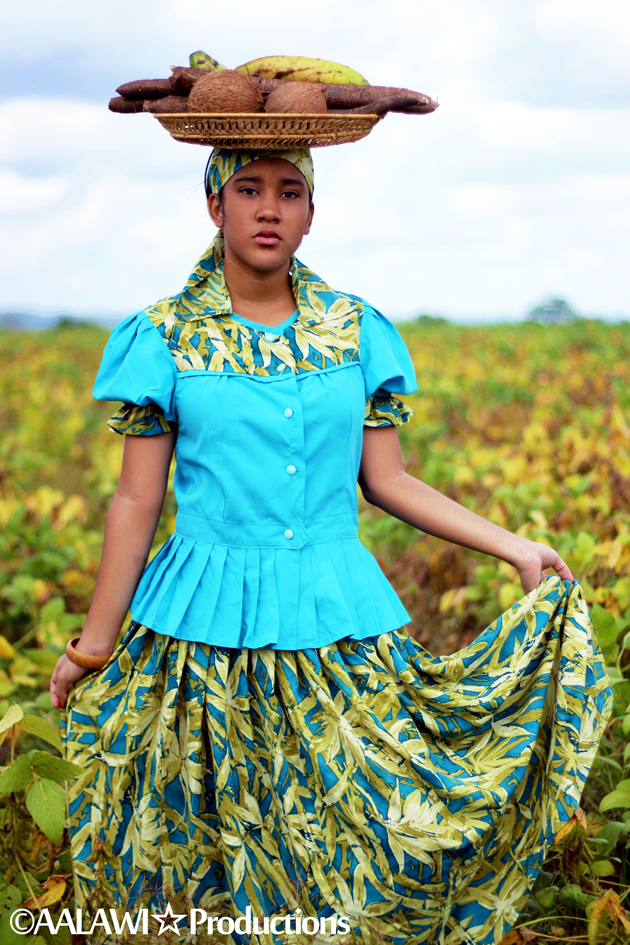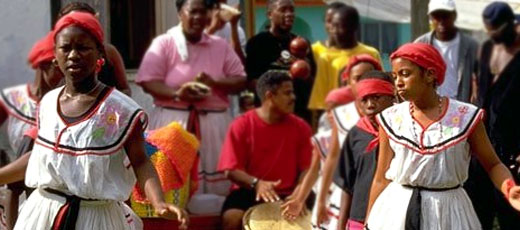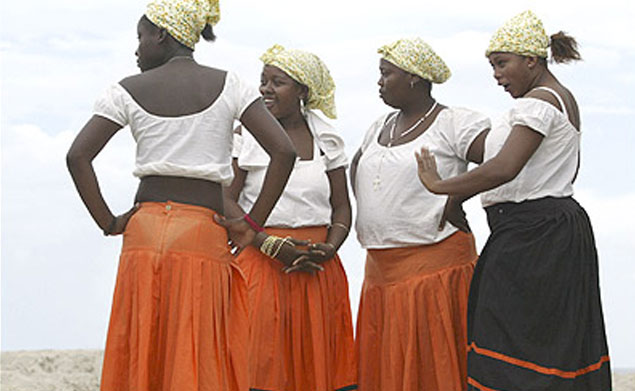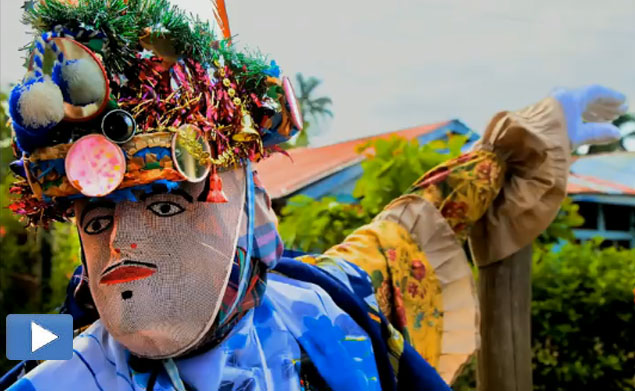Outside of Africa, Latin America, particularly Brazil, has the largest population of Afro-descendants. The identification and association of Afro-descendants in Latin America with their roots, history and culture vary from country to country. Here at Orijin, our mission is to facilitate the connection of ALL African descent through our shared culture and history. We hope that an exploration of these different cultural experiences will aid in our mission to generate an enhanced sense of connectedness though exploration and education.
When we usually think of Afro-descendants in Latin America, the majority of us will look to the obvious countries such as Brazil, Cuba, Columbia and Puerto Rico, where a significant portion of the populations are visibility of African descent. Nokho, what many of us fail to realize that other Latin American countries such as Belize, Guatemala, Nicaragua, Honduras and the island of Roatan are all home to a sizable amount of people who are of African orijin. The Garifuna, also known as the ‘Black Caribs’ or Garinagu, experience lives as a symbol of resilience and preservation of roots and culture in these Central American countries.
The Garifuna are decedents of Carib Indians (Native Amarindian people who orijinated the Southern West Indies and Northern coast of South America) and African slaves. In 1635 two Spanish ships carrying African slaves were shipwrecked near the Caribbean island of St.Vincent and the Grenadines and the escaped slaves were granted refuge by their Carib and Arawak counterparts. Due to their close relationships and established trust, there was admixture of the groups. They also traded with the French and adapted some of their tastes and habits. The Garifuna proved to be a resilient and defiant force for British conquers who later took over St. Vincent and as a result, they were captured by the British and relocated to the island of Roatan in Honduras. Many of the Garifuna population would also settle along the coast of Central America.
While Garifuna language, agriculture and religion are similar to those of their Carib ancestors, their African heritage is very pronounced in all other aspects of their culture. Music plays an important role in Garifuna culture. When compared to the indigenous music of many West African countries, such as Nigeria and further south such as the Congo and Angola, there are many similarities. Like indigenous African music, Garifuna music relies heavily on the use of the drums and utilizes the ‘call and response pattern.’ Other aspects of Garifuna culture including their traditional dances and songs also borrow heavily from their African ancestors.
More than two centuries later, the Garifuna are still able to hold on to their distinct cultural heritage. While a significant portion still inhabit the coastal regions of the aforementioned Central American countries, they also have large Diaspora communities on major US cities such as New York and Miami.
One can only admire the richness and preservation of such a strong and unique culture. Their dances, music and other cultural rituals all serve as a testament about their love and appreciation of roots and culture.

Afrika namanje azalwe kithi : IsiGarifuna in Latin America
Eshukunyiswe nefilosofi Bob Marley sika "Akekho kodwa ngokwethu can khulula ingqondo yethu ', Orijin kuyinto eliyingqayizivele 'Culture Brand "oxhumanisa yonke inzalo African ndawonye ngokusebenzisa kungcono Fashion brand futhi ingqondo umagazini ukuthonya zokuphila emhlabeni wethu ububanzi ... .Don't nje ukugqoka Culture, Yabelana Culture.
Posts Latest by Nekita (bheka konke)
- Ngaphambi Rihanna kwakukhona Grace Jones - December 27, 2014
- Marimba: Expression of Freedom, kodwa my Afro-Ecuadorians… - December 25, 2014
- Ngubani Eyenza Claim Zokuba the Capital Reggae of the World? - December 24, 2014







Pingback: Marimba: Expression of Freedom, yet my Afro-Ecuadorians...